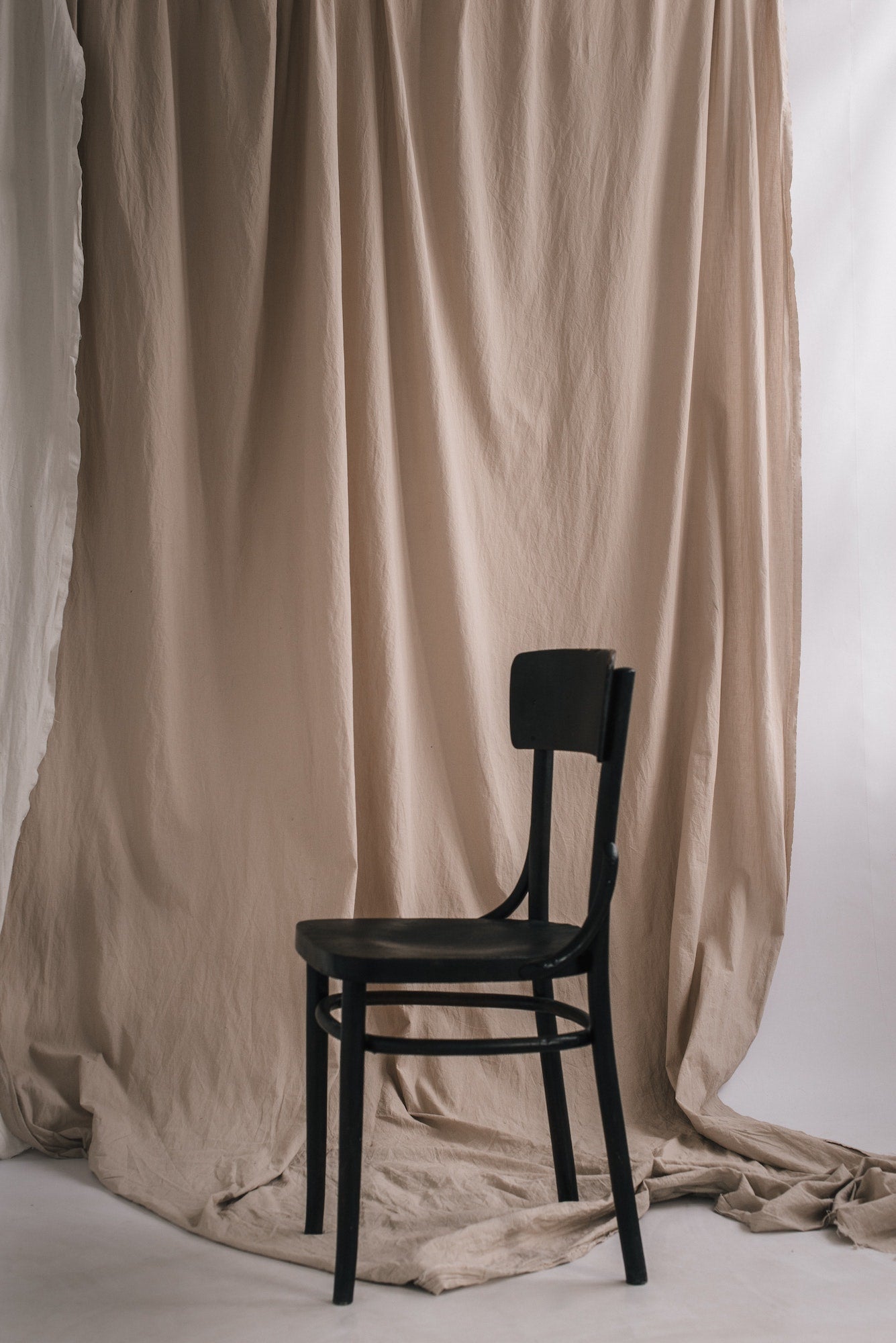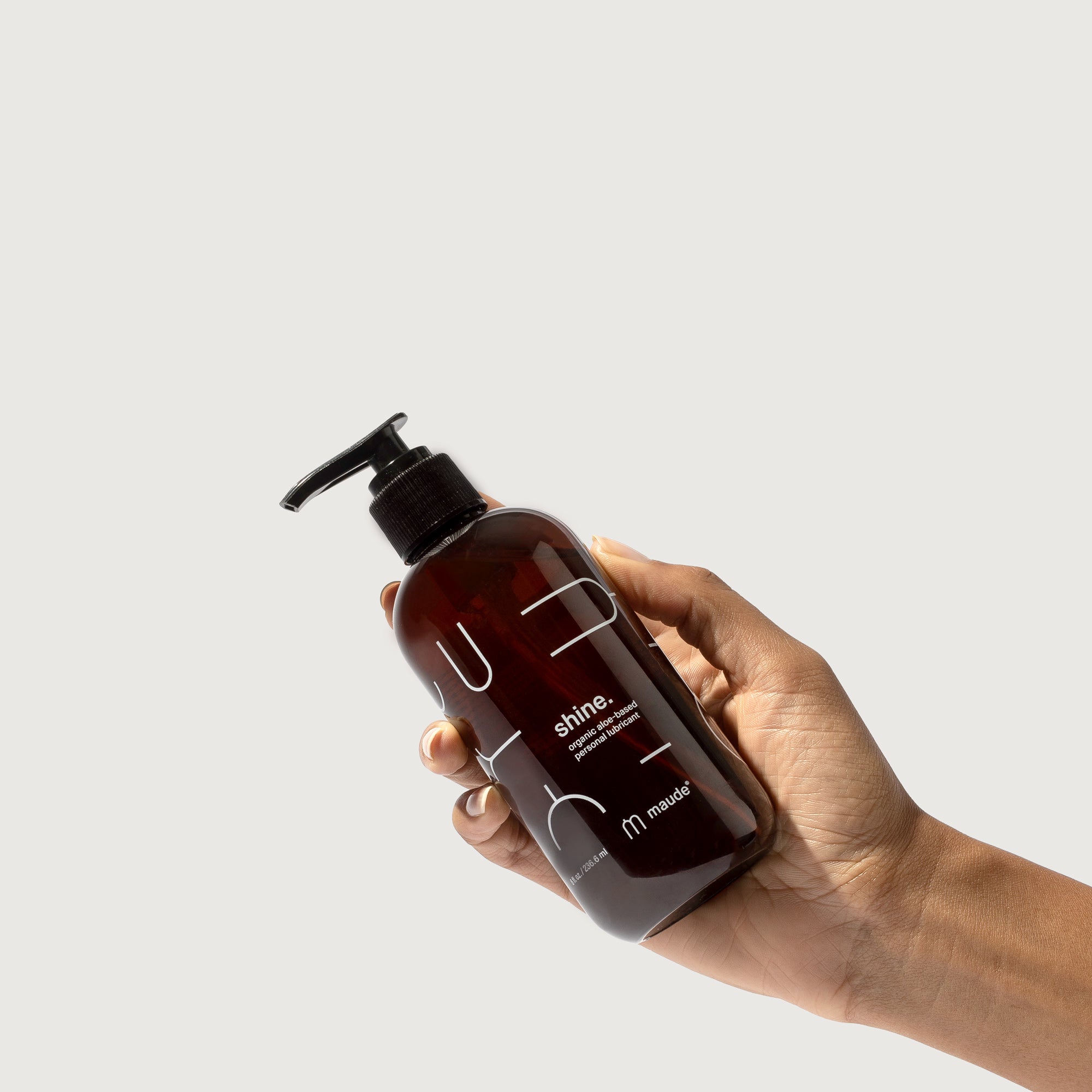Shakespearean Sex: The Bard’s Bawdiest Bits

To do, or not to do?
Shakespeare loved a dirty joke. History hasn’t been kind to a lot of them, however. Plenty of the euphemisms of his era are long gone, and the pronunciation of so many words has changed so much that a lot of double entendres that would have had Elizabethan audiences laughing their heads off just don’t work anymore. But there’s plenty of classy sex gags to be found if you know where to look...
Much ado about everything
In one scene in Hamlet, as Hamlet and Ophelia prepare to watch a play, he asks her, “Lady, shall I lie in your lap?” When told no, he replies “Did you think I meant country matters?”, a double entendre based around the C-bomb, pretending he thought Ophelia meant he was under the impression he was offering to go down on her. At the time, he’s trying to drive her insane by embarrassing her—it’s a weird play. “I think no thing, my lord,” replies Ophelia, only to be told, “That’s a fair thought to lie between maids’ legs.”
“Nothing” was a euphemism for vagina at the time (“thing” meant penis, so a vagina was “no thing”, which is a whole lot to unravel). The title of Much Ado About Nothing is another double entendre—a lot of the plot revolves around whether one character is a virgin or not.
There were plenty of euphemisms popping up throughout Shakespeare’s work. In the aforementioned Much Ado, Benedick tells Beatrice “I will live in thy heart, die in thy lap, and be buried in thy eyes.” Rather than talking of sitting on her knee, “die” was a euphemism for having an orgasm.
One of the most famous deaths in Shakespeare’s oeuvre is that of Juliet, whose last words are “O happy dagger! This is thy sheath; there rust and let me die”, thought by some to be another double entendre due to his familiarity with the Latin word for sheath: vagina.
A lot of the best-loved parts of The Taming Of The Shrew are the quick back-and-forth banter between Petruchio and Katherine. One such exchange begins with Petruchio comparing Katherine to a wasp, and ends with him referencing “my tongue in your tail”. The word tail was also a euphemism for… yes, vagina.
Hamlet’s “country matters” semi-gag isn’t the only drop of the C-bomb in Shakespeare’s output. In Twelfth Night, Malvolio is given a forged love letter purporting to be from the wealthy countess Olivia. He claims to know her handwriting intimately and know the note to be genuine from the shape of her letters, claiming “By my life, this is my lady's hand, these be her very C’s, her U’s, and her T’s, and thus makes she her great P’s. It is, in contempt of question, her hand.” With “and” delivered more along the lines of the middle part of “Guns N’Roses”, something is going on there that is simultaneously very grown-up and anything but.
Sexy sonnets
A lot of Shakespeare’s sonnets employ metaphors and hyperbole to rhapsodize women’s beauty. However, there are one or two that pretty much comes down to fourteen lines about Shakespeare himself being extremely horny. Sonnet 151 contains these lines: “My soul doth tell my body that he may / Triumph in love: flesh stays no further reason / But rising at thy name doth point out thee / As his triumphant prize.” This pretty much translates to “Hello, when I think about you I get a very large erection”. How romantic!
Another of his poems, Venus and Adonis, has Venus telling Adonis, “Graze on my lips, and if those hills be dry / Stray lower, where the pleasant fountains lie,” which isn’t even a euphemism. Venus just knows what she wants. Good for her!
Most of these jokes and pieces of saucy wordplay, even the ones that seem wilfully obscure to modern eyes, would have been picked up by audiences in Shakespeare’s day. There would be no point in sneaking in sex jokes that flew over the heads of the audiences packed into the Globe—the whole point was to entertain. Whenever anyone complains about modern entertainment being lowbrow, they should be reminded that Elizabethan audiences were left rolling in the aisles by a C-bomb followed by a pee joke. Classy stuff!





